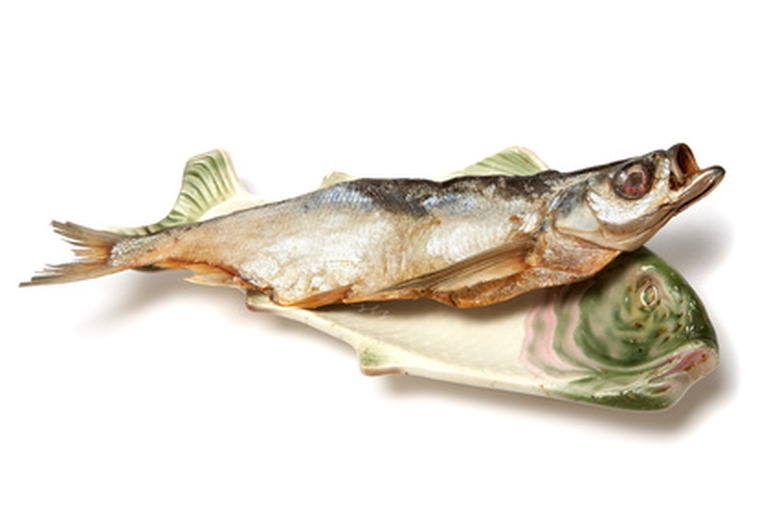The Effects Of Iron In Water On Aquatic Life
Iron in water has many effects on aquatic life, both good and bad. Iron (Fe) occurs naturally in water at a rate of roughly 1-3 parts per billion (ppb) in ocean water, about 1 part per million (ppm) in river water and 100ppm in groundwater. Iron comes from various minerals in the soil, which is why groundwater contains the highest iron concentrations. Iron levels in water vary depending on several factors and can affect aquatic populations, behavior and health.
Iron Levels in Water
Iron Levels in Water
When unusually high amounts of iron exist in water, this is usually due to pollution related to construction or iron mining. Iron comes in several forms in water. It can be dissolved in the water or so heavy that it forms a precipitate or microscopic solid pieces suspended in the water. Scientists are experimenting with iron fertilization to reduce global warming by intentionally increasing the iron levels in seawater.
Benefits
Benefits
Iron is vital to the life of all aquatic creatures, especially mollusks and green plants. Iron promotes enzyme growth and gives blood its red color. Iron binds to oxygen and travels with it in the blood, transporting the carbon dioxide out. Green plants use iron for nitrogen binding. Phytoplankton, some of the smallest ocean creatures, depend so heavily on iron that the amount of iron present in water limits the amount of phytoplankton that can survive.
Toxicity
Toxicity
At normal levels, iron is not deadly to any aquatic animals, but at higher levels when iron does not dissolve in water, fish and other creatures cannot process all the iron they take in from water or their food. The iron can build up in animals' internal organs, eventually killing them. Higher levels of iron in fish and aquatic plants also has negative effects on the people or creatures consuming them.
Repercussions
Repercussions
Large amounts of iron promote growth of algae, which can block sunlight from other plants and can disrupt habitats and feeding practices. Extensive algae presence lowers water freshness and promotes stagnation. Iron fertilization or contamination affects the reproduction and feeding habits of fish and other animals. High concentrations of iron sometimes result in increased acidity of water—killing or hurting aquatic life.
